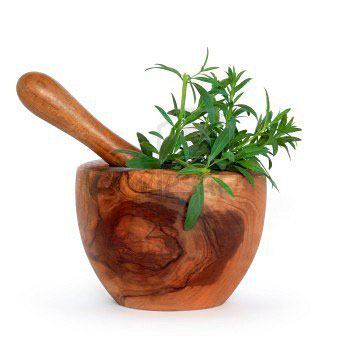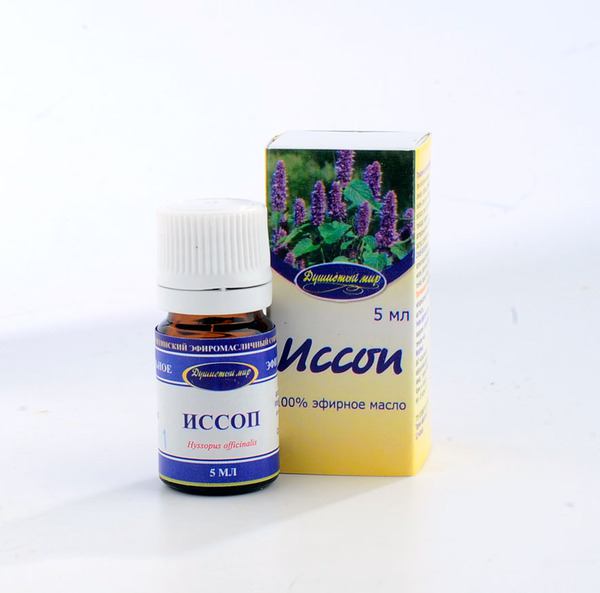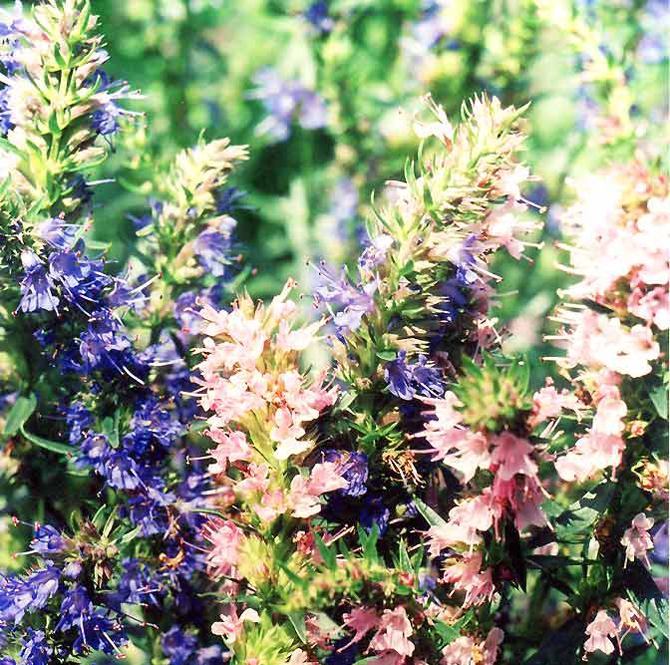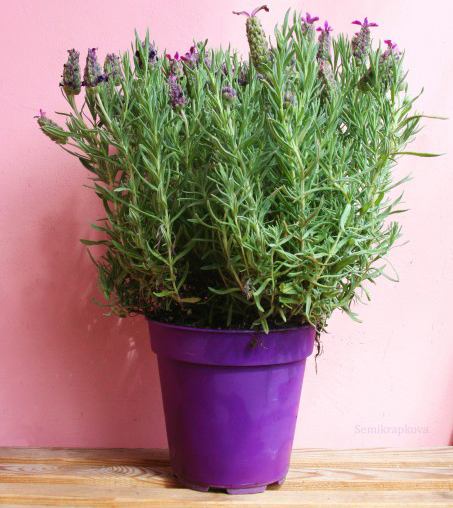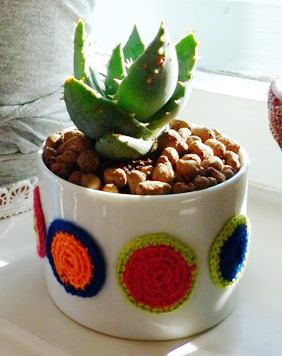Hyssop is used in medicine to treat severe forms of allergies and bronchial asthma. The tops of the stems with young leaves are used for treating the respiratory tract. The infusion helps treat tuberculosis due to the natural antibiotics in the composition of hyssop.
Hyssop treatment helps elderly people with shortness of breath and tinnitus - a mixture of crushed hyssop leaves with honey should be taken three times a day before meals, one teaspoon at a time. This nourishing solution lowers blood pressure and strengthens the immune system.
Increased sweating, including during menopause, can be regulated with a hyssop decoction. This same decoction is also taken for digestive disorders.
Hyssop has the property of invigorating and toning without raising blood pressure. It has a mild laxative and effective anthelmintic effect. It acts like dill in cases of flatulence.
External application of hyssop is effective in treating arthritis and rheumatism. Crushed hyssop is applied to wounds - its antifungal and antibacterial properties help wounds heal faster and prevent suppuration. Hyssop essential oil is also suitable for external use.
Hyssop Infusion
Two tablespoons of crushed hyssop should be placed in a thermos and poured over with one liter of boiling water. The mixture is infused for an hour, then strained and poured back into the thermos. Take one glass 20 minutes before meals.
Hyssop Honey
Crushed hyssop mixed with honey in a 1:1 ratio. Take one teaspoon three times a day before meals.
Hyssop Decoction
One teaspoon of hyssop for 200 ml of water. The herb is poured with boiling water and infused for two hours. Take half a glass before meals, three times a day.
Hyssop can be grown at home on a windowsill .
Hyssop should not be used during pregnancy and lactation.
